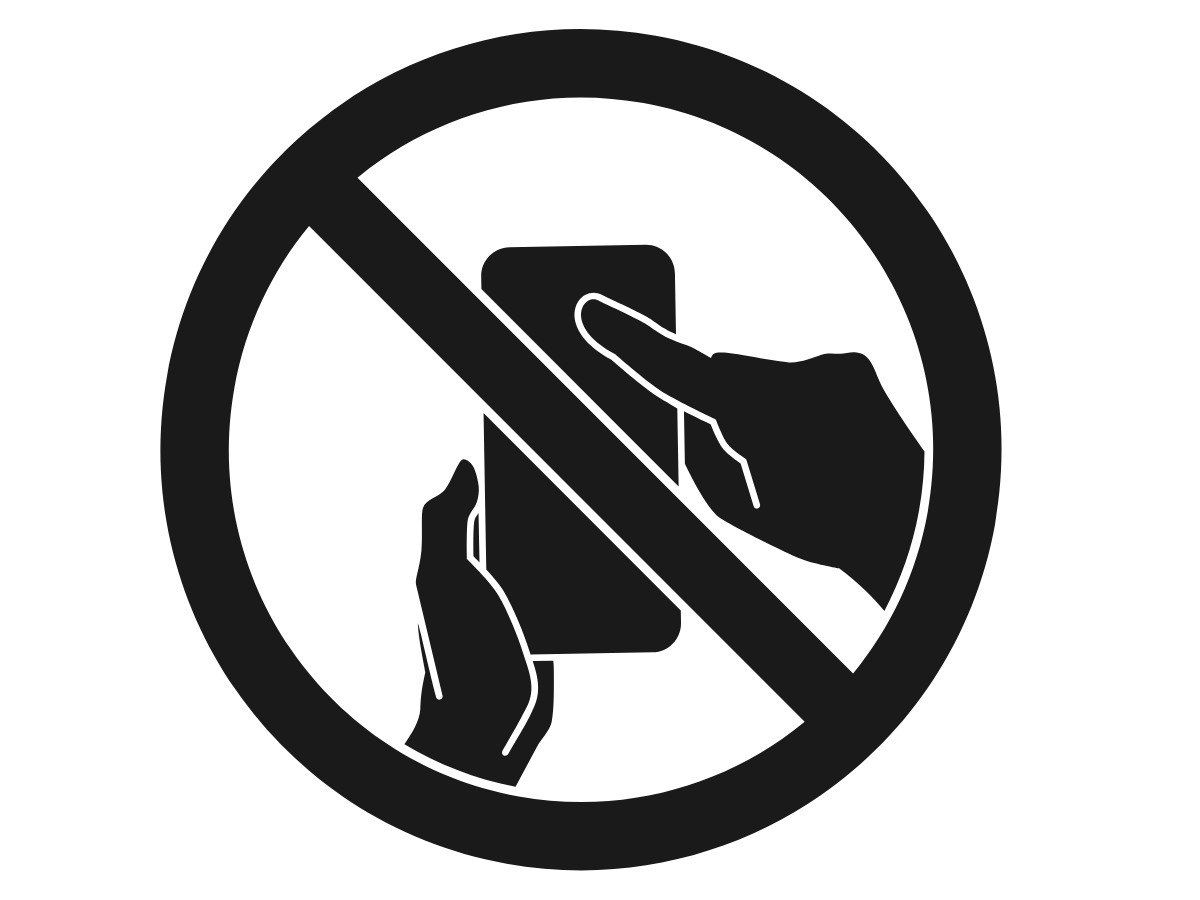Being offered an extended warranty by a salesperson on new cars, whitegoods or electronics may be a familiar scenario to many shoppers, but it could be a waste of your money if you buy one.
This is because the products we buy automatically come with a number of guarantees under our consumer laws, including a requirement that they be of acceptable quality and last a reasonable amount of time, depending on what they are and how much they cost.
That means if you pay extra for an extended warranty – which is actually a type of insurance policy – you could be paying for repair or replacement rights that are already free under the Australian Consumer Law (ACL).
In the last 12 months, Consumer Protection has received 323 enquiries and 68 complaints about extended warranties, overwhelmingly as they related to the purchase of new motor vehicles. The main issues involved consumers being unable to seek a satisfactory remedy after a fault developed, or being unaware their particular issue wasn’t covered under the policy.
We also heard from consumers who encountered similar issues after buying extended warranties on washing machines, dryers, couches, mobile phones and laptops.
Most extended warranties include long lists of exclusions, plus they can require you to do certain things for them to remain valid, such as regularly servicing a motor vehicle with the selling dealer. Failure due to fair wear and tear may not be covered, so it is important to weigh up whether purchasing an extended warranty is worth it to you.
Next time you’re offered an extended warranty in a shop or car dealership, our key advice is to ask the salesperson what benefits it will provide above your existing entitlements under the ACL.
Retailers or suppliers risk breaching the law if they use unfair tactics or put undue pressure on you to buy an extended warranty, or mislead you into paying for the rights you already have under the law.








